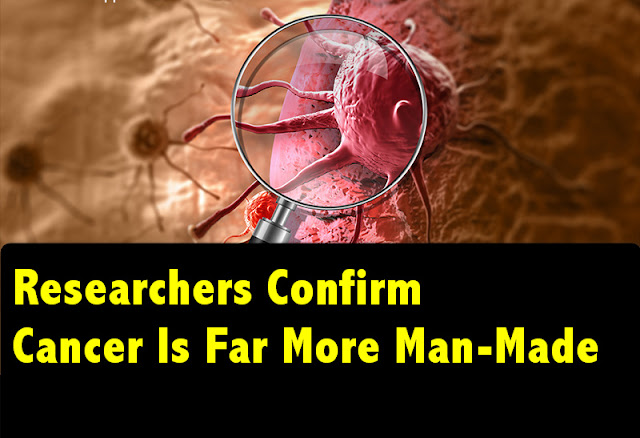Did you know that the National Cancer Institute defines cancer as a genetic disease? But don't worry, that doesn't necessarily mean that cancer is always inherited from our parents and passed down to our children. What they really mean is that the growth of cancer cells is caused by changes in our genes that control how cells divide. When our genes are disrupted, cells can grow and divide uncontrollably, leading to the development of cancerous tumors. It's important to regulate these processes properly to prevent cancer from developing.
It's easy to assume that cancer is mainly a genetic condition, but that's not entirely accurate. While genetics do play a role in whether or not we develop cancer, it's important to remember that genetics only act as a risk factor, not an absolute cause. In fact, environmental exposures or external factors can actually be the root cause of cancer by damaging our DNA or changing how our genes behave.
One example of an external factor that can cause cancer is the drug DES or Diethylstilbestrol. From 1938 to 1971, DES was prescribed for female reproductive problems, but later it was found to be a highly carcinogenic drug. Tragically, the carcinogenic effects of DES affected not only the primary users but also their children and grandchildren.
Women whose mothers were given DES (a synthetic hormone) during pregnancy have a higher risk of developing a rare type of vaginal and cervical cancer called Clear cell adenocarcinoma (CCA). Men who were exposed to DES in the womb may also have urogenital abnormalities that put them at a higher risk of developing certain types of male cancers, such as testicular cancer.
It's true that genetics can play a role in cancer, but external factors have a stronger impact than we initially thought.
In a study published in the journal Nature, researchers found that 70 to 90 percent of cancers are due to external factors while only 10 percent can be attributed to intrinsic causes. Some of the cancer types mentioned in the study showed strong associations with external risk factors rather than genetic predispositions. These include the relationship between colorectal cancer and diet, skin cancer and sun exposure, esophageal cancer and smoking, cervical cancer and the human papilloma virus.
By emphasizing the role of external factors in cancer development, we become more aware that the power to prevent cancer is mainly within ourselves. By making smart health decisions and avoiding harmful substances, we can significantly reduce the risk of developing cancer.








No comments:
Post a Comment